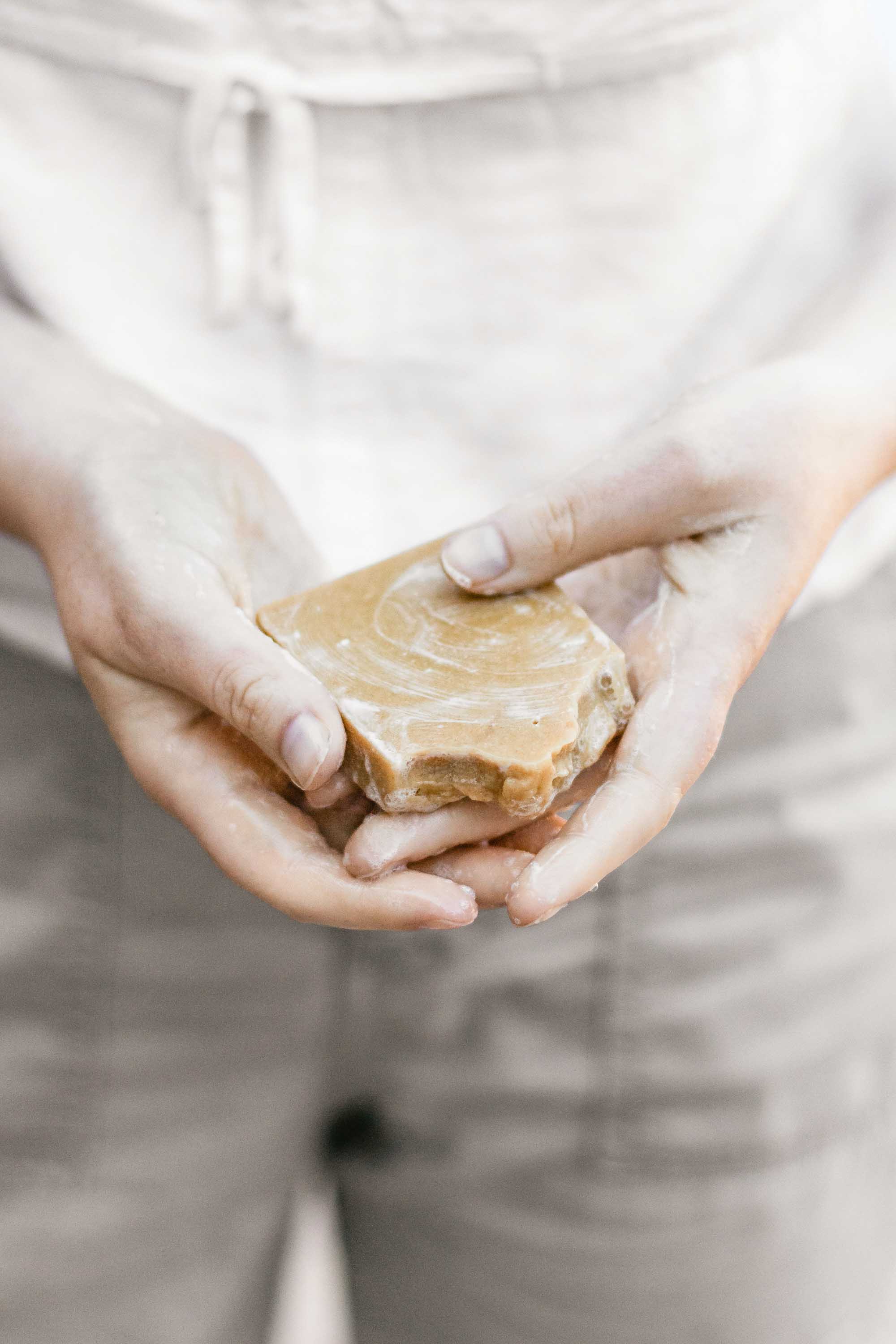Embracing Our Skin’s Microbiome: The Case Against Excessive Soap Use

The skin is our body’s largest organ and plays a vital role in protecting us from external threats. However, we often neglect the complex ecosystem living on our skin’s surface known as the microbiome. The skin microbiome consists of trillions of microorganisms, including bacteria, fungi, and viruses, that form a delicate balance to maintain healthy skin.
First and foremost, it’s essential to understand the historical context of soap usage. Originally, soap was not intended for daily maintenance but rather to remove dirt and mud accumulated from a hard day’s work outdoors. Somewhere along the way, clever marketing turned soap into a daily ritual, and now it seems odd not to use it. This blog post aims to explore the significance of the skin microbiome and shed light on why we should reconsider our reliance on traditional soaps for body care.
Understanding the Skin Microbiome
- The Diversity of Microorganisms: The skin’s microbiome is incredibly diverse and varies between individuals, body parts, and even throughout the day. This unique blend of microorganisms contributes to our skin’s health and overall well-being.
- The Role of Beneficial Bacteria: Many microorganisms residing on the skin are beneficial bacteria that help maintain skin health. They provide protection against harmful pathogens, support the skin’s natural barrier function, and even aid in the synthesis of certain vitamins.
- The Importance of Balance: Just like our gut microbiome, the skin microbiome relies on a delicate balance to function optimally. Disruptions in this balance can lead to various skin issues, such as dryness, irritation, acne, and eczema.
The Problem with Traditional Soaps
- Stripping Away Natural Oils: Most commercial soaps contain surfactants and harsh chemicals that effectively remove dirt and oil from the skin. However, they also strip away the skin’s natural oils, disrupting the microbiome and compromising the skin’s protective barrier.
- Altering pH Levels: The skin’s surface has a slightly acidic pH, which is conducive to the growth of beneficial bacteria and prevents the proliferation of harmful ones. Traditional soaps, especially those with high pH levels, can disrupt this delicate balance, leading to adverse skin reactions.
- Antibacterial Soaps and Resistance: Antibacterial soaps often contain triclosan or triclocarban, which can promote antibiotic resistance and harm beneficial bacteria. The overuse of such soaps may lead to more resilient and dangerous strains of bacteria.
The Case for Gentle Skin Care
- hoosing Mild Cleansers: To maintain a healthy skin microbiome, it is essential to opt for mild, pH-balanced cleansers. These products can effectively cleanse the skin without disrupting its natural barrier or the microbiome.
- Avoiding Antibacterial Products: In most cases, regular soap and water are sufficient for daily cleansing. The use of antibacterial products should be reserved for specific situations, such as medical settings or when recommended by a healthcare professional.
- Embracing “No-Poo” and Oil Cleansing: Some skincare enthusiasts have adopted “no-poo” methods for their hair and oil cleansing for their skin. These approaches involve using natural oils to cleanse and nourish the skin, preserving its microbiome.
Nurturing the Skin Microbiome
- Probiotic and Prebiotic Skincare: Probiotic skincare products containing live beneficial bacteria can help replenish the skin’s microbiome. Prebiotic ingredients, on the other hand, nourish the existing microorganisms, promoting their growth and diversity.
- Balanced Diet and Hydration: A balanced diet rich in nutrients and staying adequately hydrated are essential for supporting skin health and the microbiome.
- Limiting Excessive Showers and Hot Water: Prolonged exposure to hot water can disrupt the skin’s natural balance, leading to dryness and irritation. Limiting the frequency of showers and using lukewarm water can be beneficial.
The skin microbiome is a fascinating and intricate ecosystem that plays a crucial role in maintaining skin health. While traditional soaps have been a staple of personal hygiene for generations, they can often do more harm than good to our skin’s microbiome. Embracing a gentler approach to skincare and avoiding the overuse of harsh soaps can promote a balanced and thriving skin microbiome. By nurturing our skin’s microbiome, we can pave the way for healthier, more resilient, and radiant skin in the long run. Remember, sometimes less is more when it comes to caring for our skin.
